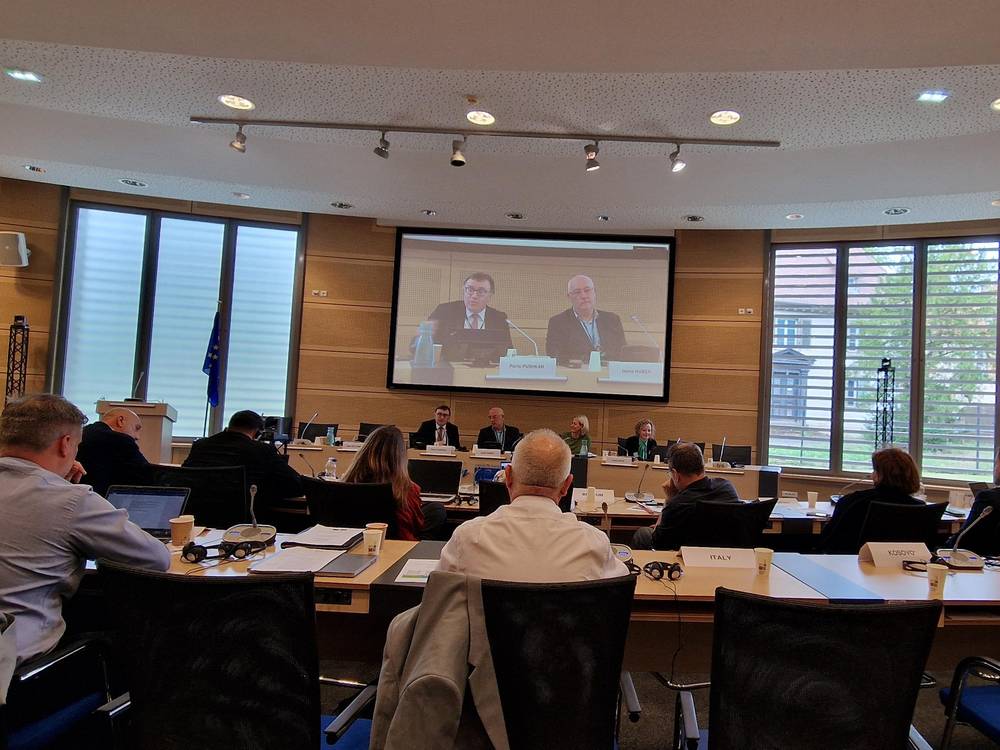On 5 and 6 June 2025, Deputy Ombudsman and Head of the National Preventive Mechanism (NPM) Ivan Šelih and NPM member Katarina Vučko attended the annual conference of the European NPM Forum entitled Monitoring Police Detention and the round table entitled Combating Informal Prison Hierarchies, organised by the Council of Europe, in Strasbourg, France.
The annual conference focused on the specific challenges of monitoring police detention, which differs from other forms of deprivation of liberty due to its short duration. It is the early stages of detention that often pose the greatest risk of torture or ill treatment, in particular due to the lack of procedural safeguards such as access to legal aid, medical care, and the right to inform family members. The event aimed to strengthen the role of national preventive mechanisms in monitoring police detention and to provide them with additional knowledge and practical tools to more effectively carry out their tasks in accordance with the Optional Protocol to the UN Convention against Torture.
The roundtable was based on the position of the European Court of Human Rights in the case of D. v. Latvia (No. 76680/17, 11 January 2024) that the lowest position of a prisoner in an informal prison hierarchy can constitute a violation of Article 3 of the European Convention on Human Rights, even if direct physical violence does not occur. Psychological suffering, fear of violence, humiliation, and a sense of inferiority can constitute torture, inhuman, or degrading treatment. The discussion focused on the causes of the emergence of such hierarchies, their consequences for prisoners and prison staff, and presented examples of good practices and possible strategies for their elimination.
The event was also an opportunity for the exchange of experiences and professional views between representatives of state preventive mechanisms and experts in the field of the criminal justice system and prison management.


